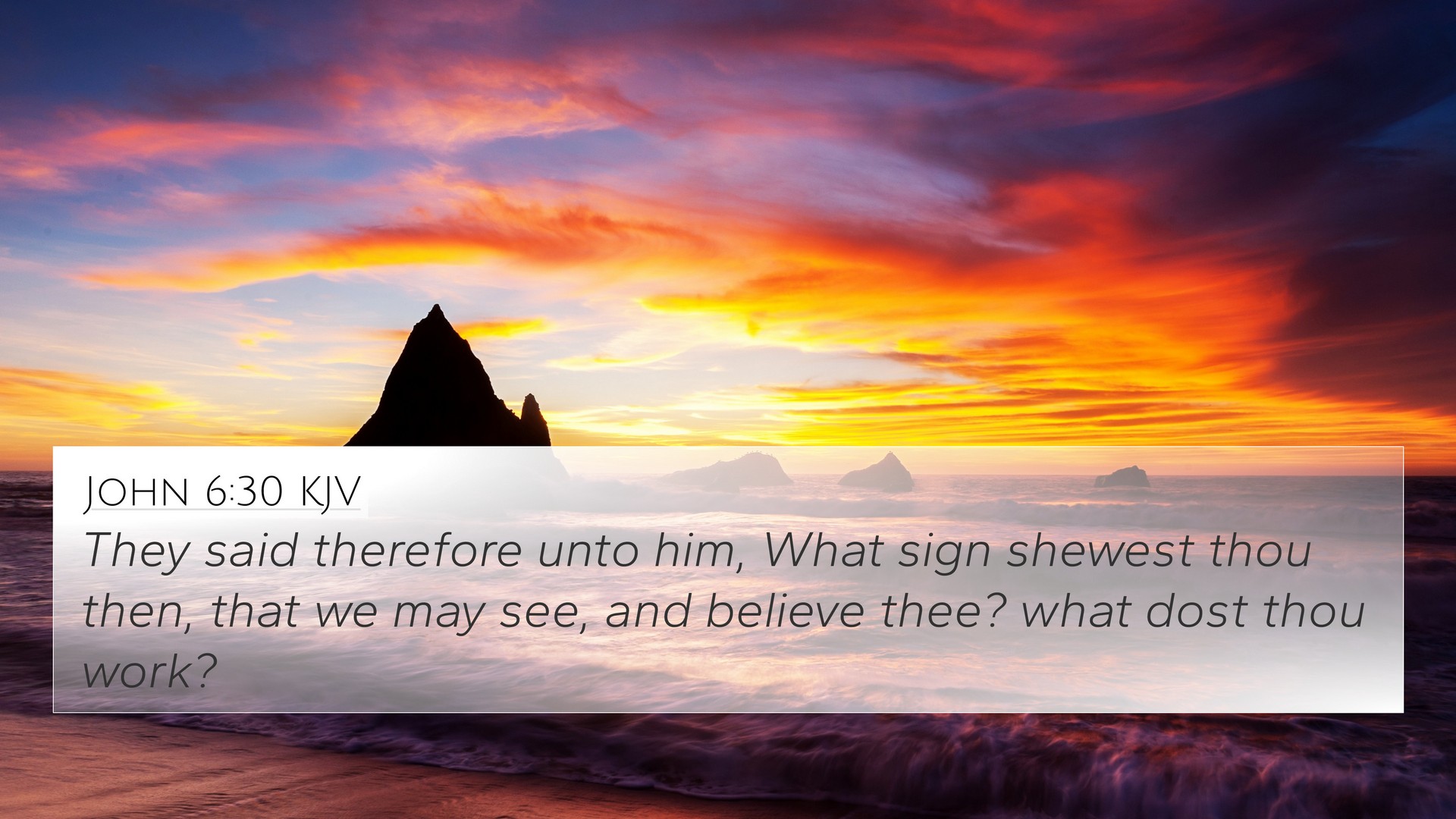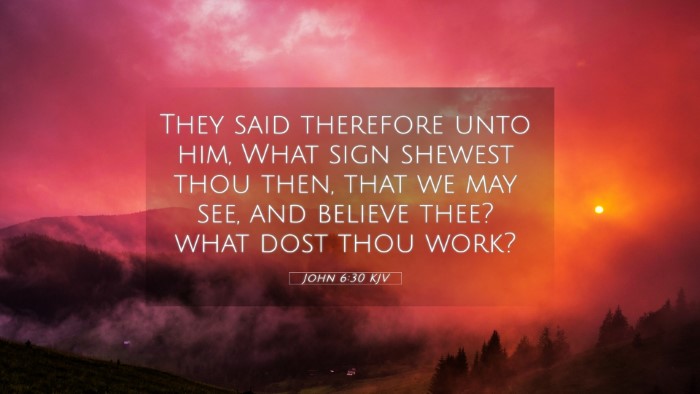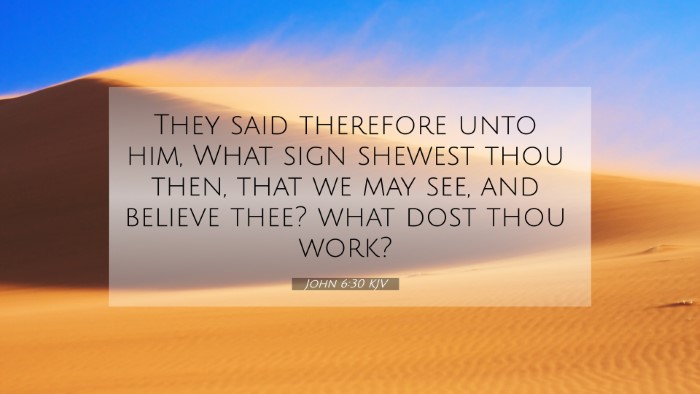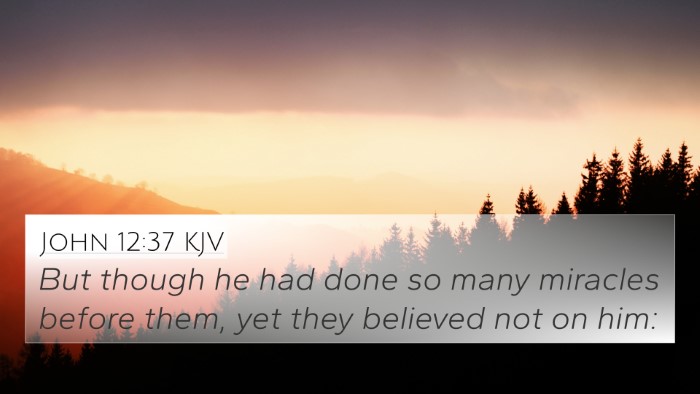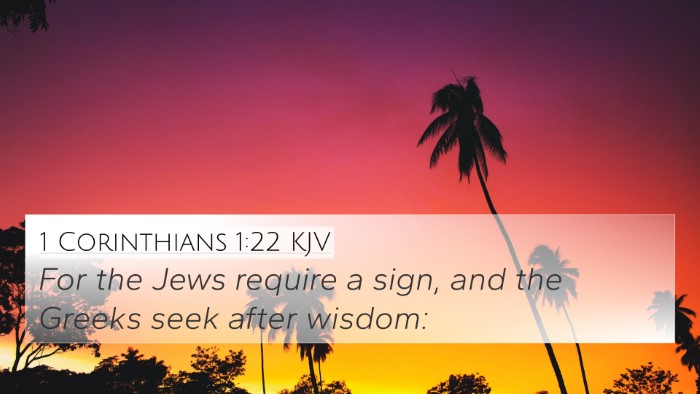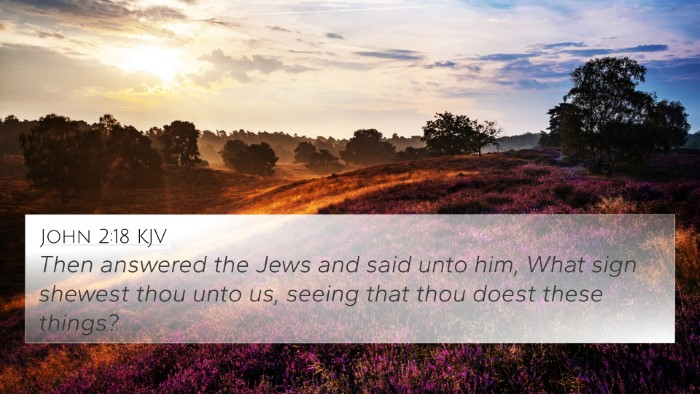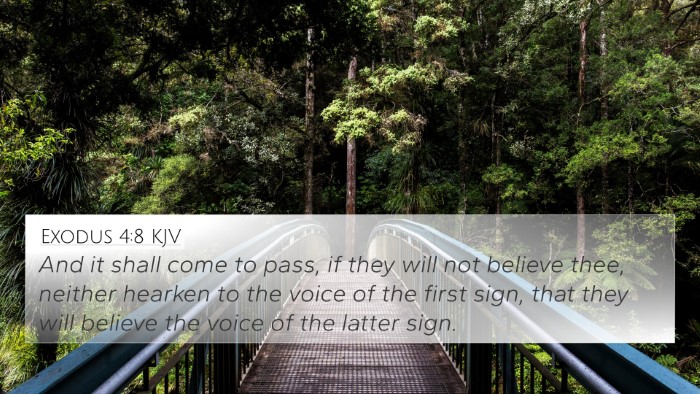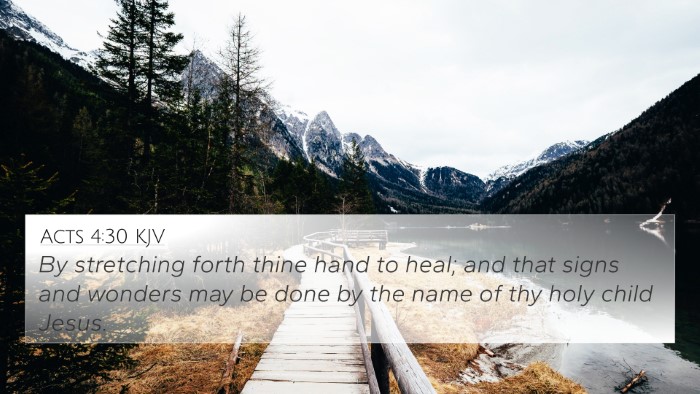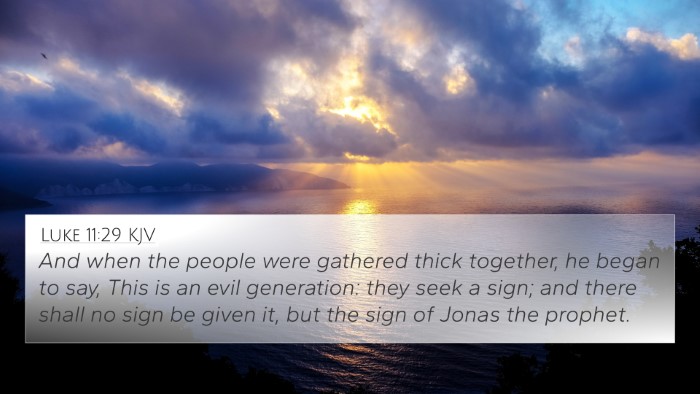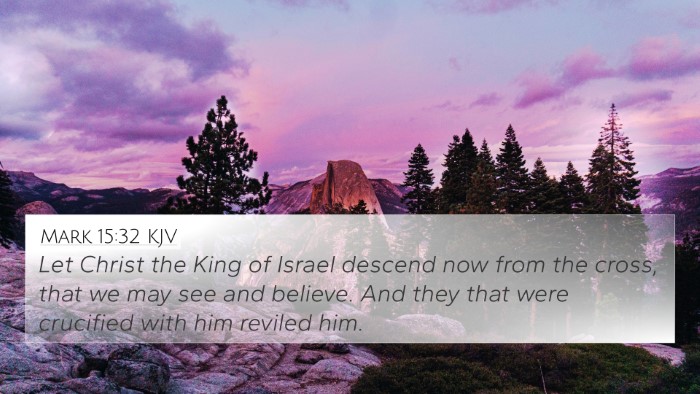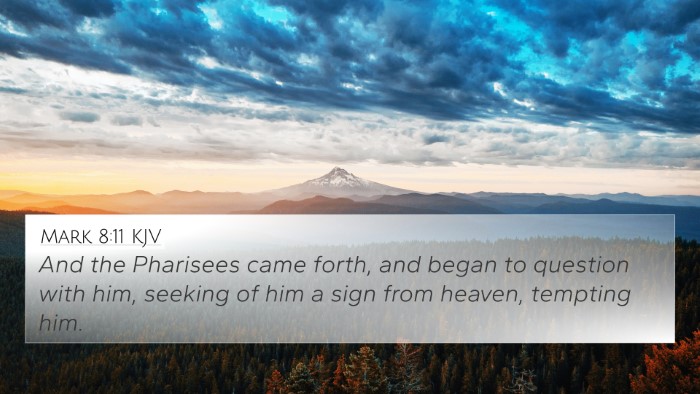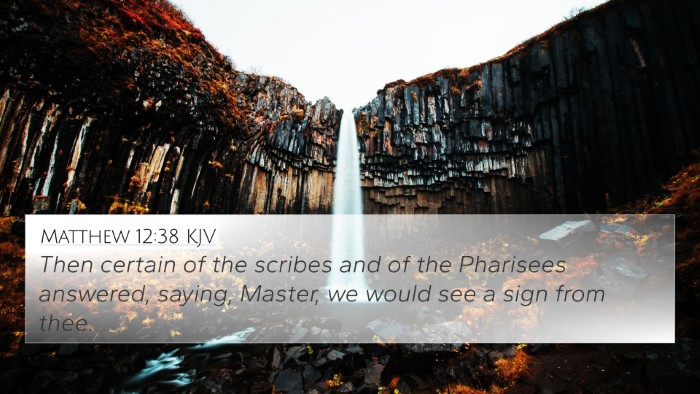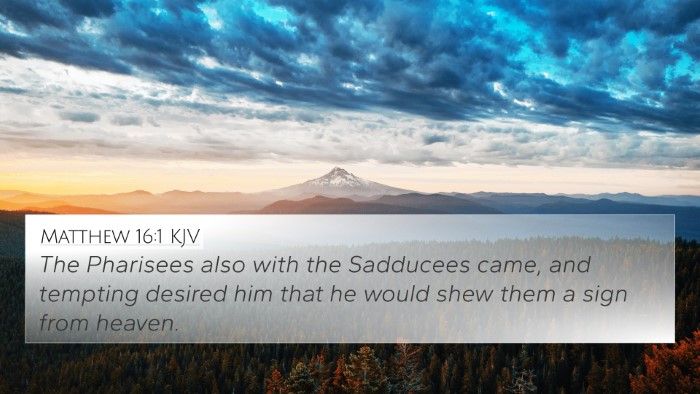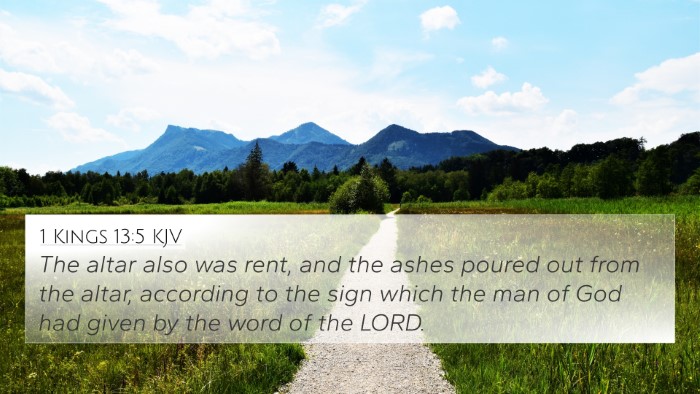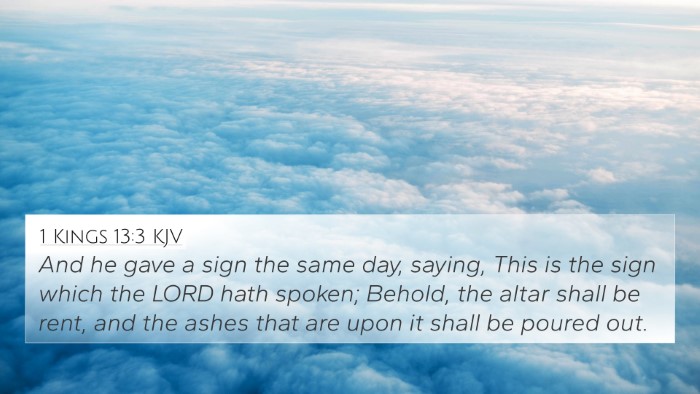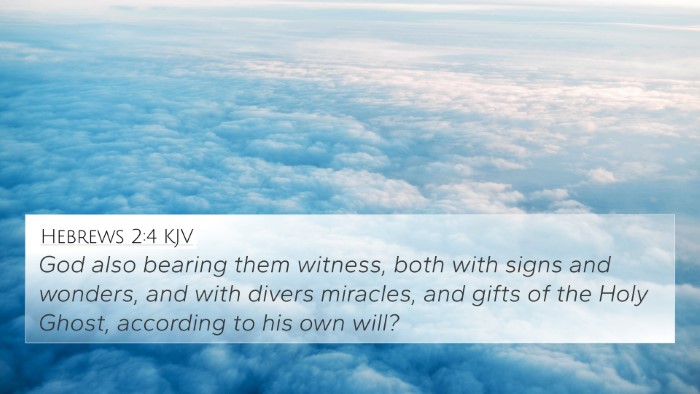Understanding John 6:30
John 6:30 states, "What sign then will You do that we may see it and believe You? What work will You perform?" This verse encapsulates a moment of questioning by the crowd that followed Jesus after the miracle of the loaves and fishes. Below, we present a summary of insights from various public domain commentaries.
Context and Immediate Meaning
The backdrop of this verse is critical as it comes after the miraculous feeding of the 5,000. The crowd, having been fed, seeks further signs to validate Jesus’ authority and divinity. This indicates a common human tendency to seek tangible proof of faith.
Commentary Insights
Matthew Henry
According to Matthew Henry, this inquiry reflects the natural skepticism of humanity. He notes that the crowd was not content with the miraculous provision they had just received but was instead demanding additional signs. This highlights the difficulty of faith in the face of constant desire for visible proof.
Albert Barnes
Albert Barnes emphasizes the attitude of the crowd, noting that their request for a sign is ironically foolish given the miracles they had just witnessed. He suggests that this reflects a deeper spiritual blindness, as they were unable to perceive Jesus as the true bread of life, despite seeing His miracles.
Adam Clarke
Adam Clarke further elaborates that the question posed reveals a misunderstanding of Jesus' mission. The crowd's insistence on signs suggests they viewed Jesus merely as a miracle worker, failing to recognize Him as the Messiah. Clarke points out how this interaction emphasizes the theme of faith versus sight in the New Testament.
Thematic Bible Verse Connections
This verse connects to several significant themes within Scripture, such as faith, spiritual blindness, and the nature of Jesus as the Bread of Life. Below are some relevant cross-references:
- Matthew 12:38-39: The Pharisees demanding a sign from Jesus.
- John 3:2: Nicodemus recognizing that Jesus' miracles indicate divine authority.
- John 4:48: Jesus stating that unless people see signs and wonders, they will not believe.
- John 5:36: Jesus referring to the works given to Him by the Father as His testimony.
- John 6:27: Jesus instructing to work for the food that endures to eternal life.
- Hebrews 11:1: Defining faith as the assurance of things hoped for, emphasizing belief without sight.
- Matthew 16:1-4: Jesus rebuking those who seek a sign, indicating the importance of faith over miracles.
Insights on Faith and Demand for Signs
This verse urges readers to reflect on their own faith. The crowd’s demand for more signs can parallel modern believers’ attitudes towards miracles and their relationship with faith. In various commentaries, it is highlighted how the desire for physical proof can detract from the essence of spiritual belief.
Interpreting John 6:30
As a comprehensive study of this verse unfolds, one should also analyze its implications for understanding God's nature and our response to divine revelation. Below are questions for deeper reflection:
- How do we respond to the signs God places in our lives?
- Are we sometimes blind to the miracles in our everyday experiences?
- What does this verse teach us about trusting God without requiring vindication through physical signs?
Conclusion
John 6:30 encapsulates a pivotal moment in Jesus’ ministry, highlighting the tension between belief and evidence. The crowd’s challenge is a familiar one, prompting readers to consider their own approach to faith and the signs of God’s presence in their lives. The connection of this verse to surrounding biblical texts enriches one’s understanding of the persistent inquiry into faith and the divine nature of Christ.
Further Study Tools
For those interested in further exploration, utilizing a Bible concordance or a cross-reference Bible study guide can be highly beneficial. These tools allow believers to uncover connections between various passages and deepen their understanding of themes like:
- Thematic Bible verse connections
- Inter-Biblical dialogue
- Comparative studies of scripture
As you continue your study, consider how to find cross-references in the Bible to develop a more profound understanding of the Scriptures and enhance your spiritual journey.
